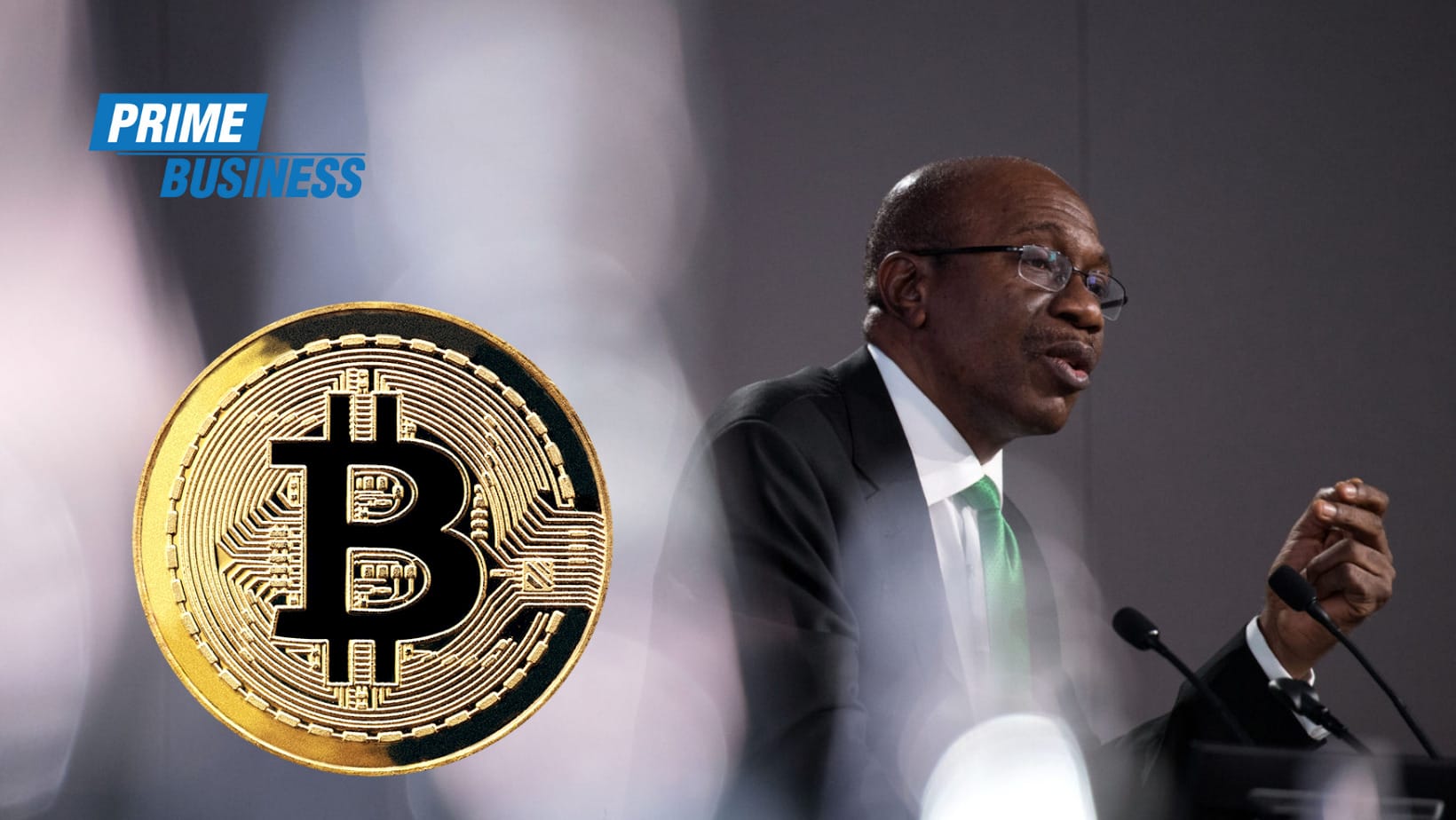In a country where unemployment is on the rise (National Bureau of Statistics pegs Q4, 2020 unemployment rate at 33.3%) young Nigerians have taken to trading in cryptocurrency as a means of employment.
This is what necessitated the uproar among the youths when the Central Bank of Nigeria (CBN) released a circular in February this year warning banks and financial institutions that “facilitating payments for cryptocurrency exchanges is prohibited”.
Join our WhatsApp ChannelNot satisfied, the CBN also directed them to identify and close accounts associated with them. This directive by Nigeria’s apex Bank, set the country’s crypto community alight.
The prohibition on the facilitation of cryptocurrency exchanges by commercial banks is at the top of the most unpopular policies the Nigerian government has introduced in recent times. It was widely criticized by the general public and top finance professionals.
A former Deputy Governor of the CBN, presidential aspirant, Kingsley Moghalu, had questioned the CBN’s directive, saying it was not the best approach. He said the clarity should be made that it is a ban on financial institutions not to engage in cryptocurrencies, not on trading activities.
Moghalu had said, “It is mainly targeted at cryptocurrency exchanges. Hence, it does not criminalise individuals trading in cryptocurrencies. Individuals would likely have difficulties in making transactions since the activities of the exchanges are limited.
“The CBN has said it is not a legal tender but they don’t have to tell you or me what we can exchange for value. If I want to give you my shirt and you give me your shoe, the Central Bank has no business with it.”
The ban dominated the media space for many weeks before it was taken over by more unpopular policies or actions such as the Twitter ban. It was such that many people who never heard about cryptocurrency before the ban took interest in it.
A cryptocurrency, crypto–currency, or crypto is a digital asset designed to work as a medium of exchange wherein individual coin ownership records are stored in a ledger existing in a form of a computerized database using strong cryptography to secure transaction records, to control the creation of additional coins, and to verify the transfer of coin ownership. It does not exist in physical form (like paper money) and is typically not issued by a central authority.
Being Africa’s biggest economy and most populous country with a growing tech savvy young population, it’s no-brainer that Nigeria emerged the continent’s largest market for Bitcoin, the most popular cryptocurrency, by trading volume, according to Statista. Globally, Nigeria is only behind the United States and Russia in Bitcoin trading with 400.08 volumes in 2020.
With the above data, you can now see why the ban became a big issue, causing ripples especially among young Nigerians. It’s been five months since the ban and it’s about time to see how things have changed in this sector.
Diolu Tobechukwu, a crypto enthusiast who spoke to Prime Business on this issue said the ban has adversely affected his crypto business.
“Every business needs favorable government policy to thrive, financial institutions (banks) no longer support Cryptocurrency trading, which makes it difficult to buy and sell from trading platforms”, Tobechukwu said.
He added that the ban has slowed down crypto trading transactions on many exchanges that rely on banks for withdrawal of funds. “Because of this ban, many people and institutions are skeptical about buying cryptocurrency in Nigeria which has reduced the volume of trades I would normally do daily. In fact trading activities have been completely halted on many exchanges, people’s funds are stuck on these platforms, trading capital reduced as a result of this, so directly or indirectly this has affected cryptocurrency business in Nigeria.”
On the money he had lost due to the ban, Tobechukwu said that in the early period of the ban, there was a heavy crash in the dollar to naira rate in the crypto market because of massive sell off, but it was a panic sell off which led to a little loss.
He said the major loss for him is the funds trapped on LUNO exchange, as he has not been able to withdraw his fiat directly to his bank account. “I have over N2 million plus in LUNO exchange. Also the week of the ban, panic sell offs led to the loss of over N300,000 as a result of crash in rate and panic sell as no one was sure of the position of cryptocurrency trading in Nigeria in relation to financial institutions.”
He advised the Nigerian Government to sit down with stakeholders and innovative youths in the crypto space and dialogue, to create a model that will lead to safe and sustainable growth in the Nigerian crypto market which will in turn help to improve the country’s economy.
“Cryptocurrency trading has undoubtedly helped a lot of Nigerian youths to earn a living and create jobs for themselves in-spite of the Job challenge we have in Nigeria. The government, in having our best interest at heart, should dialogue with us, understand the crypto market space and even think of developing our own Cryptocurrency token,” Tobechukwu added.
Unlike Tobechukwu, another top crypto trader, Ugwu Echezona, said the ban on crypto didn’t really affect his business and that it didn’t make him lose money.
“The thing is that the government cannot really stop people from trading cryptocurrency. In fact, the ban helped create awareness for traders. It popularized the trade. There are numerous options we explore that do not involve any Nigerian banking institution,” Echezona told Prime Business.
Continuing, Echezona said, “Aside from the fact that it (the crypto ban) makes it riskier, I don’t think that there’s any other effect. It’s riskier because we now depend on P2P trading. One can easily abscond after receiving payment without dropping the coin. But trading platforms are also doing a lot to checkmate this.”
He advised the government to start living the reality of today. “They should key-in and encourage youths too. Cryptocurrency made me a millionaire. I don’t steal, I don’t cheat. It is the future,” Echezona said.
Chibuike Ezeonu, who is also in the crypto trading business, however, admitted that the ban affected their operation negatively. He said, “Earlier than now, we used to sell our assets (cryptocurrencies) directly to naira on trading sites and withdraw the naira to our Nigerian bank accounts but now it’s not possible anymore.
“Now we use peer to peer (p2p) markets where a buyer pays into your bank account and then you release d assets. Sometimes there are issues where a buyer would make payment but the seller would say they’ve not received your payment.”
Ezeonu also had some words for the government. According to him, “the government should understand that cryptocurrency is a legal entity. Therefore, banning the market is somewhat tampering with the fundamental rights of her citizens, especially at this time when the government cannot provide enough jobs for the same citizens”.
It remains to be seen if the Nigerian government will revisit this policy to try and find a better way it can regulate the crypto space without outrightly banning it so as to avoid closing a sector that could help boost the country’s worsening economy.















